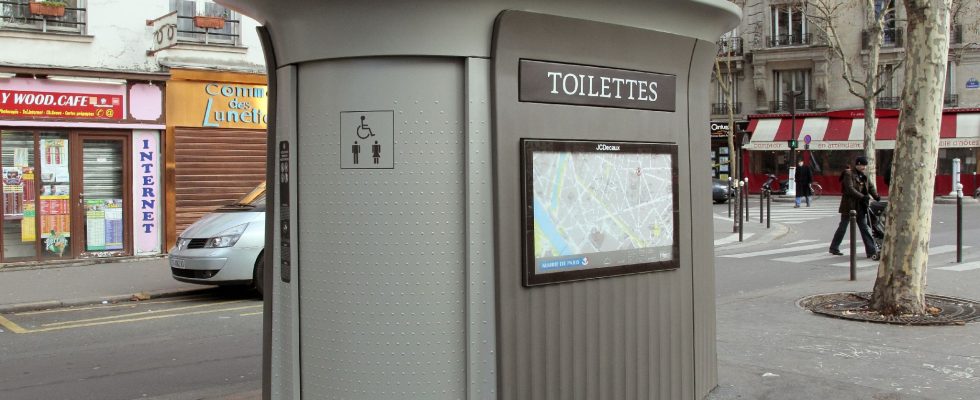Cabinets, toilets, WCs… There are many expressions to designate the places where men relieve themselves of their “natural needs”. They reflect everyone’s embarrassment when it comes to talking about it. The sociologist Julien Damon (and contributor to L’Express) decided to ignore it and work on this risky subject, while being aware of the difficulty of finding the right tone and the need to avoid inappropriate and awkward circumlocutions. He was right not to shrink from the obstacle because his book entitled Public toilets and subtitled Essay on urban conveniences is a success. Both in the form, which remains clear and without unnecessary irony, and in substance, because we learn a lot from it. You should therefore not hesitate to read it to find solid and original information, provided that you have understood that it is useless to look for something to feed scatological jokes.
The text begins by clearly establishing the division between private toilets and public toilets, focusing its comments and reflections on the latter. These public toilets are those installed in the streets or accessible in places open to the public such as cinemas, theaters or train stations. In five chapters, the book addresses the history, obviously health but also social issues and makes proposals to improve the situation. So we start with history, from the Roman Empire, a period with which the name of the Emperor Vespasian is associated, to the sanisettes that we come across today in the streets of Paris. Then the book returns to health issues, cholera systematically striking cities unable to evacuate urine and human excrement, but also considerations of comfort related to odors and air quality.
Julien Damon then underlines the political dimension of the problem. Public toilets have obligatory users like the homeless, that is to say the poorest part of the population. But they are also “gendered”, with this strange particularity that, in theaters, women always have to wait longer than men. Finally, the author outlines proposals and recommendations. Paying homage to the great state clerks who modernized Paris in the 19th century, namely Rambuteau, Haussmann and Poubelle, he calls on today’s leaders to set up a network of public toilets that would obey a triple requirement summarized in the initials GPS or for Paris, PSG… With G for free; P for cleanliness and S for safety.
Public toilets. Essay on urban conveniences
by Julian Damon.
Editions de Sciences Po, 210 pages, €16.
Rating: 5/5
